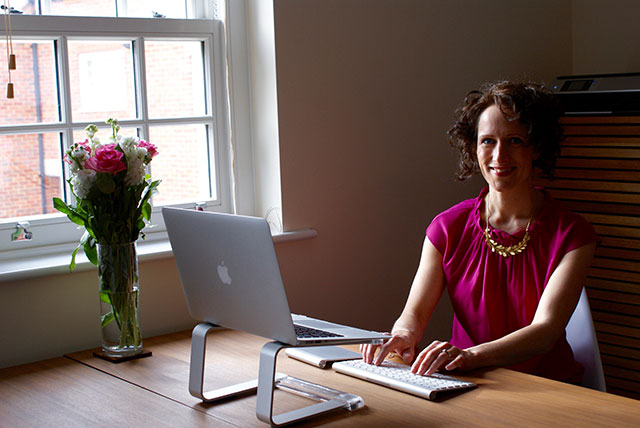Loneliness and the importance of feeling connected
February 1st, 2016Loneliness is something a number of clients raise during psychological therapy sessions with me. It can be a key factor in causing and maintaining both depression and anxiety. It can be significant in depression, partly because isolation can induce feelings of banishment or shame, perhaps as though we’ve been isolated by society, as opposed to it being our choice to be alone.
Prolonged time alone can lead to negative thoughts about ourselves, others, and the world in general. We can get stuck in a cycle of withdrawal, low motivation, depression, and doing less, ultimately getting little sense of achievement, reward, or positive reinforcement from the world.
Loneliness and isolation can also lead to anxiety. As we get out of the habit of seeing and connecting with others, the world can start to feel like a daunting place to re-enter (as can relationships). Anxiety can then build, and even small ventures out can feel frightening and paralysing, and a whole stream of negative thoughts about our inability to cope can arise.
In CBT, we look at ways of exiting these vicious cycles. It is often vital to identify realistic options of socialising or connecting with others so that my clients can experiment and try out their CBT tools in ‘real life’.
Over the years, I have been impressed with the creativity that clients show when exploring their options for connecting with other people. There are some great organisations out there in our communities that provide that much-valued social contact with other human beings in myriad ways; from digging up flowerbeds together, to bringing new mums and babies together to share sleep-deprivation stories, to setting up bands and playing gigs in local venues, to pub-based networks for women in business.
I thought I’d share a few of the places I’ve heard about here, in case they give anyone inspiration to take their first step towards feeling connected….
· Cambridgeshire’s Grow Places, which harnesses the therapeutic powers of nature and gardening to improve individuals’ physical and emotional health.
· MIND run all manner of groups, including craft groups, walking groups and social/coffee groups.
· Men’s Sheds: a (mainly) men’s group based in a large sheds around the UK where men can meet and share tools and resources to work on individual and community projects, without the pressure to talk about personal subjects.
· NCT is the UK’s largest charity for parents and parents-to-be, offering antenatal and postnatal classes and the opportunity to become part of a social group with others at the same life-stage.
· The Women in Business Network is an organisation for women seeking new business opportunities and support through collaboration and the sharing of business contacts and opportunities.
· The Big Lunch is a very simple idea from the Eden Project. The aim is for as many of us as possible to have lunch with our neighbours annually in June in a simple act of community and fun. This year’s Big Lunch is on Sunday 12th June.
· Sometimes it’s helpful just to know that you’re not the only one feeling lonely. The Unselfie Project invites people to send in an anonymous photograph of themselves holding a short message or drawing to illustrate how they’re feeling, to highlight social isolation.




